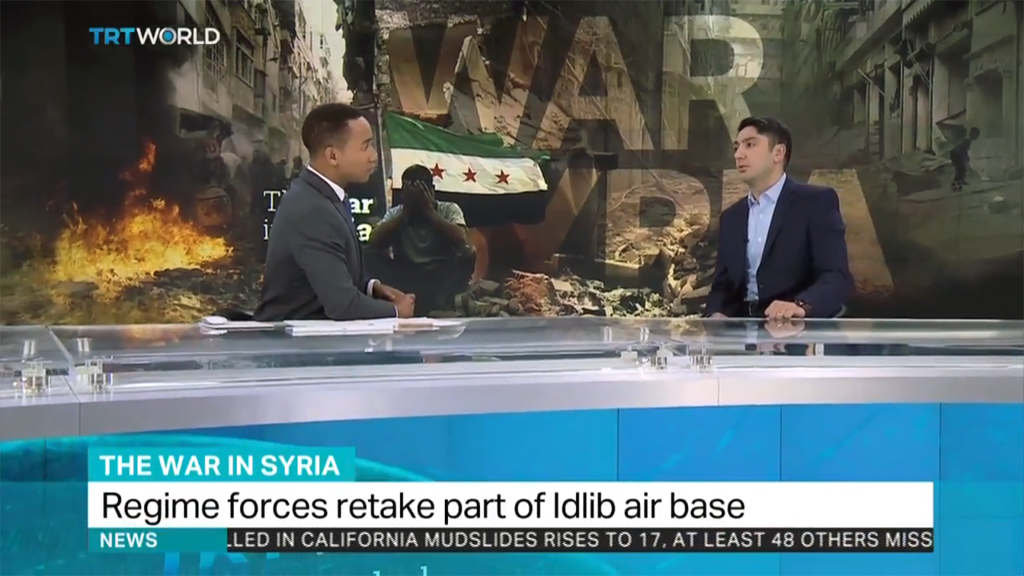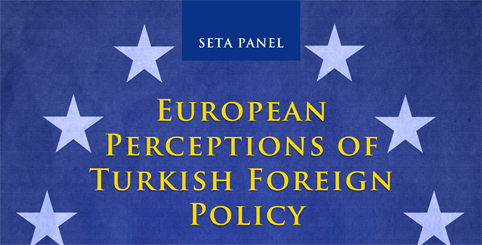The string of events beginning with Abdullah Gül’s candidacy for president has revealed once more the fragile nature of Turkish democracy. While an ideological battle is being fought over who owns the core values of the republic, the current crisis puts democracy in Turkey to the test. The current crisis is carefully crafted and based on an old theme in Turkish politics: the ideological legitimacy of those who demand change
It was Adnan Menderes in the ‘50s, Süleyman Demirel in the ‘70s -- although since then Demirel has been “cleared” -- and Turgut Özal in the ‘80s who were declared political outcasts for their attempt to challenge the establishment. Their curse was to try to carry the aspirations of the social periphery of Turkish society to the state center, which is monopolized by the republican elite. The same script is being read for Prime Minister Recep Tayyip Erdoğan and his candidate for president, Gül. The decision by the Constitutional Court to set a quorum of 367 deputies in session as a condition for the validity of the presidential election was not unexpected. This controversial decision has paved the way for early elections. Prime Minister Erdoğan has declared June 24 or July 1 as possible dates for general elections. In addition there are three important proposals. The first is to have the president elected by popular vote. The second is to hold the general elections every four instead of five years. And finally a proposal to make the president’s term “5+5” (five years, with a possible five year extension by Parliament) instead of the current seven years. The opposition parties will most likely try to postpone the general elections to a later date. They have the Herculean task of uniting under some formula against the Justice and Development Party (AK Party). Attempts at political unification have always ended in more schism and divisions in Turkish politics. So this is a hard bid for the opposition. Blocking Gül’s candidacy is certainly a short-term gain for the camp spearheaded by the Republican People’s Party (CHP) and followed obediently by the Motherland Party (ANAVATAN) and the True Path Party (DYP). Yet it is also a long-term victory for the AK Party, because the sense of being wronged in the political process is likely to turn up more votes for Erdoğan and his party. Whatever happens in the process leading up to the elections, however, the fundamental problem of Turkish politics remains the same: the democratic process in Turkey is always susceptible to being hijacked by anti-democratic forces. With three actual military coups and a “post-modern” one in the back of our minds, we can never be absolutely sure that Turkish democracy will not be suspended again. The timing and language of the statement posted by the Turkish military on its Web site on April 27 shows that new interventions by the military will be different in form and method. We may not see army tanks on the streets or soldiers taking over radio and TV stations -- there are too many of them to control anyway! But as we saw last week, the military’s shadow over democracy can easily join forces with anti-democratic and militarist forces in the country and lead to tension and chaos. The two massive demonstrations in Ankara and İstanbul have shown that a certain percentage of Turkish society has still fears for the future of their lifestyles. They are concerned about the conservative agenda of the current government. They fear that the secular nature of the state is being gradually changed. What they cite as examples, such as schoolchildren reading the Koran, are nothing but ordinary expressions of the traditional lifestyle of the vast majority of Turkish people. But as secularists, they are true believers. As a result, the current wave of opposition is not about specific policy issues but about the AK Party’s “ideological credentials.” While this is a legitimate debate, its ba








